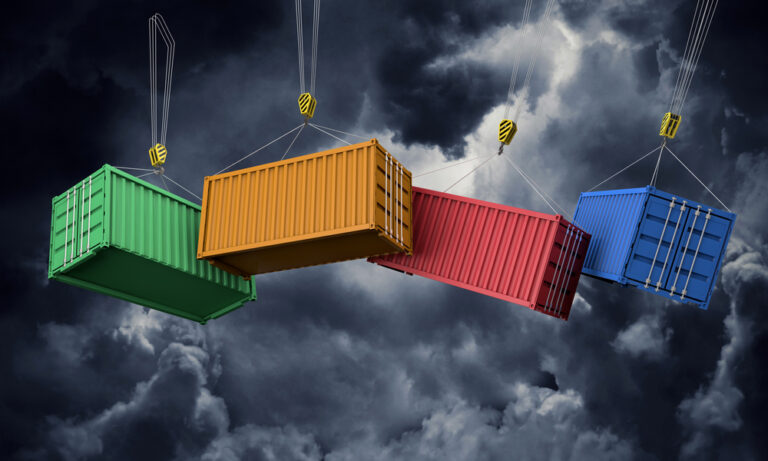Who are punished by customs tariffs? Many believe they are punishing unscrupulous and underhanded foreign manufacturers who do not play fair and “throw away” their poor quality products in American markets at prices below the costs of American producers, but this is not true. Tariffs are sanctions and penalties imposed on American consumers who do not pay enough.
Governments regularly impose punishments on other governments for various violations of human rights and international treaties, or for other equally bad behavior. These sanctions can take the form of a refusal to allow citizens of one country to trade with citizens of another country or an outright trade embargo. The basic idea is that punishing a country with trade sanctions will cause it to change its behavior. Or maybe by punishing a country’s citizens, we can inspire them to rise up and throw off the chains of their oppressors.
Sanctions have a checkered history and an uninspiring track record. Protectionism is a classic example of a policy that does the opposite of what it is supposed to do. This increases American employment in protected industries, but workers’ additional income is transferred dollar for dollar from consumers. We could use land, capital, labor and other resources more efficiently to create something else.
According to A Daily Mail survey As for Donald Trump’s plan for 10% tariffs on all imports, “24% of likely voters strongly support the policy proposal while 30% tend to support it.” » Protectionism is bipartisan: A few weeks ago, Reuters reported that Democratic senators from manufacturing states were pushing for tariffs on Chinese electric vehicles because “Allowing heavily subsidized Chinese vehicles to enter the U.S. market would endanger U.S. auto manufacturing..”
It is not difficult to show that the gains for domestic producers come from pockets of domestic consumers. It is also quite easy to show that the reduction in trade gains to consumers is greater than the increase in trade gains accruing to producers and tax revenues to the government. These videos from Marginal Revolution University guides you through the graphics.
If you scratch an economist, you’ll find someone more enthusiastic about free. International exchange than the average person and the median voter. In fact, more than 1,100 economists have signed a 2018 open letter from the National Taxpayers Union urging the government to abandon protectionism. Unfortunately, the median voter adheres to populist demagoguery and votes enthusiastically in favor of tariffs and other restrictions on international trade. The results do not make America great. They just make us poorer.
Tariffs on foreign products are “sanctions” against American consumers. Their crime? I don’t want to pay as much as domestic producers want.


